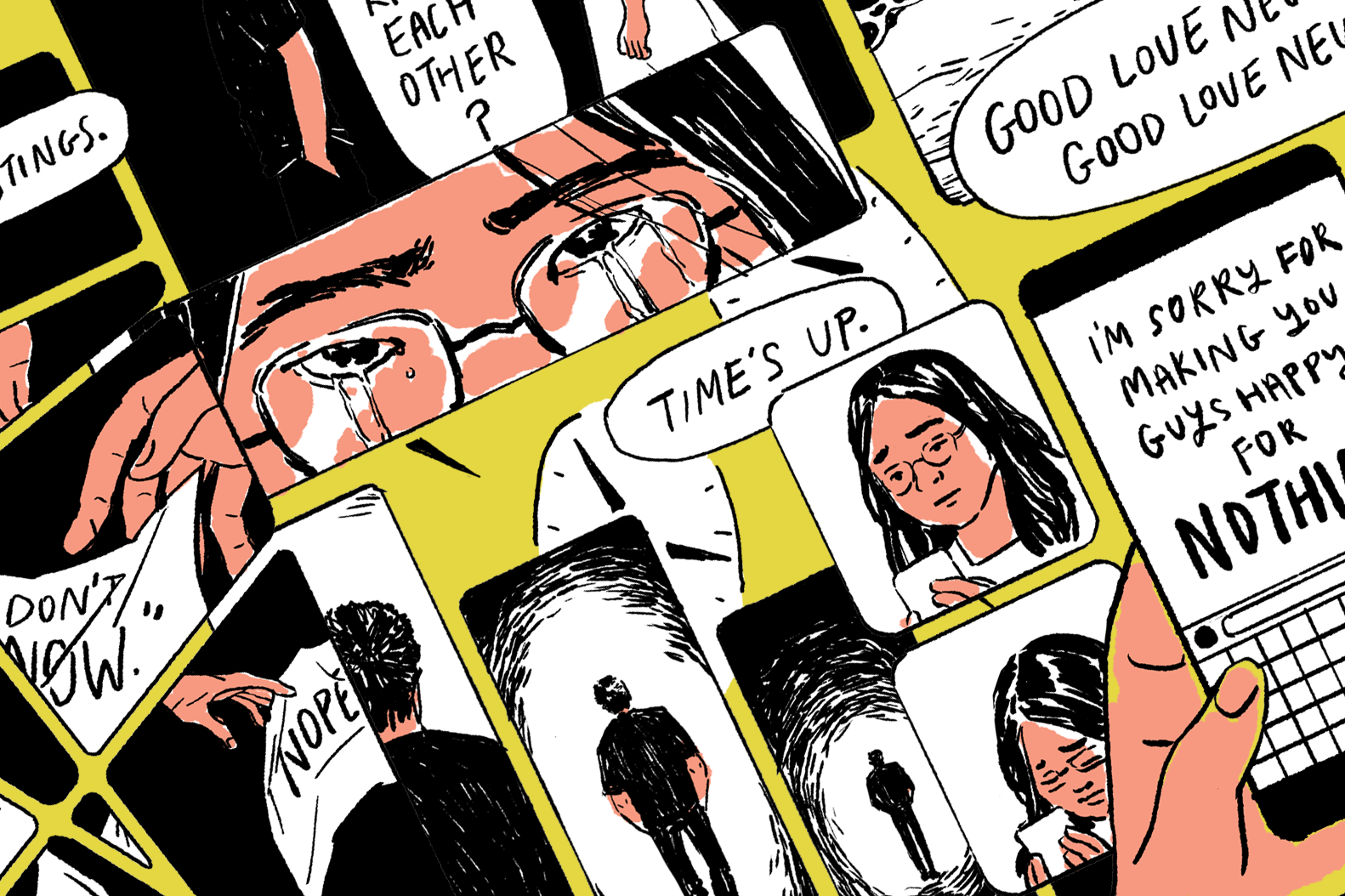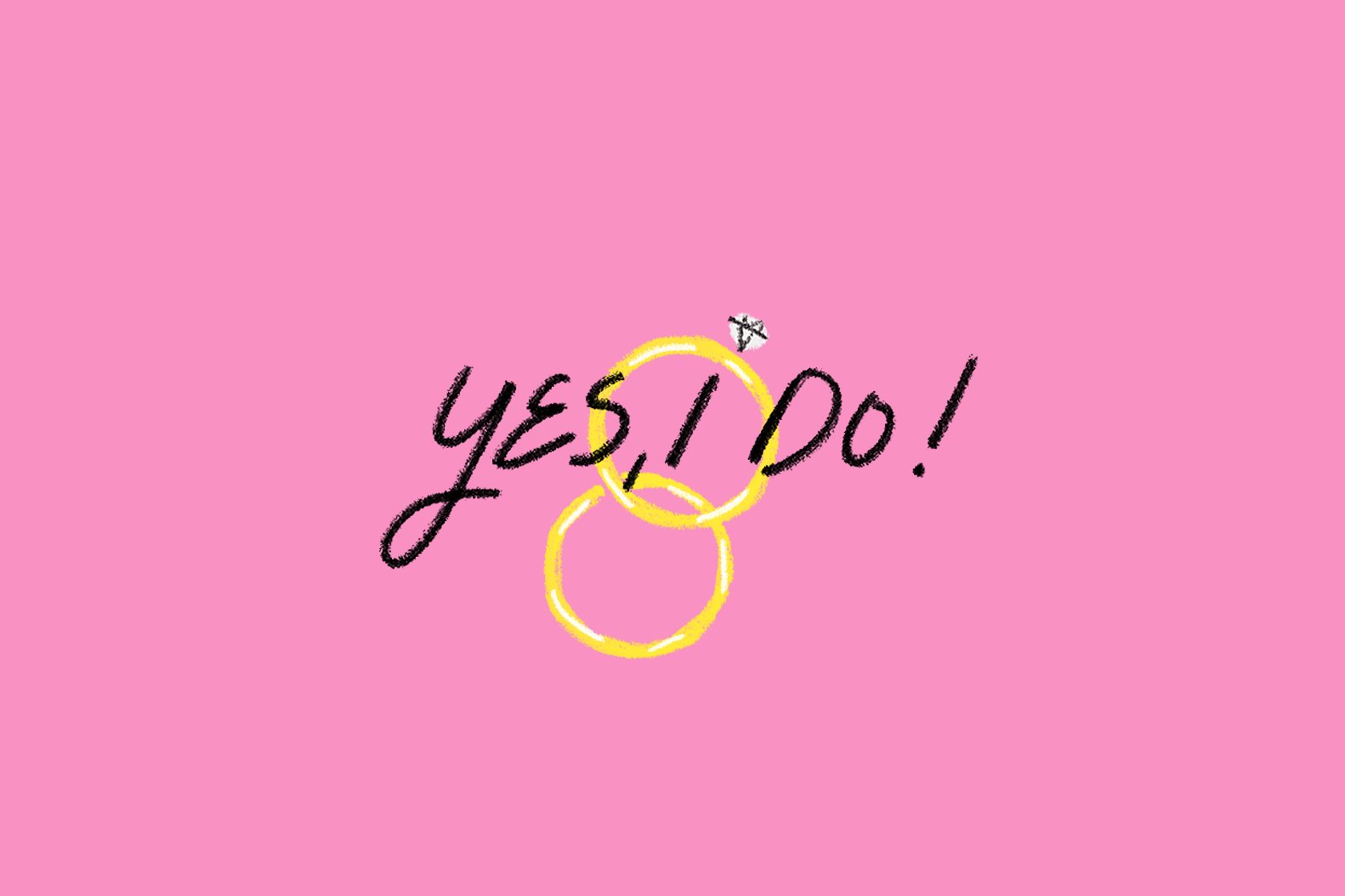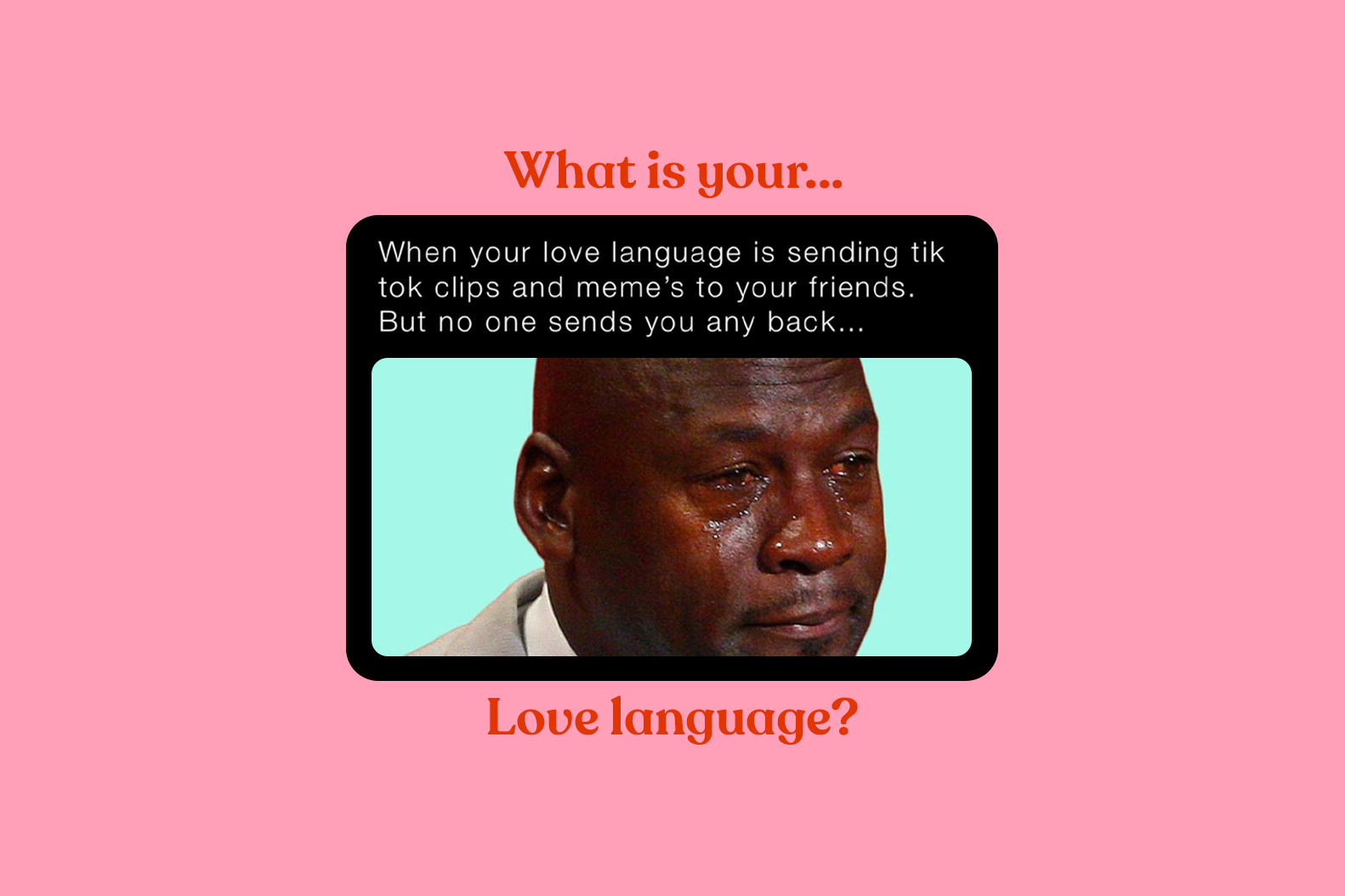“Time’s up.”
I stared ahead at the man in front of me – his face that was once all too familiar, now a blur. He counted down the final minutes, stood up and left.
I sat there on that very public bench in the mall for a long time, my hands tingling and my ears ringing.
He had been holding a checklist against me to ascertain if I deserved that spot in his life. It was a test designed by him based on his own terms, and I was destined to fail it.
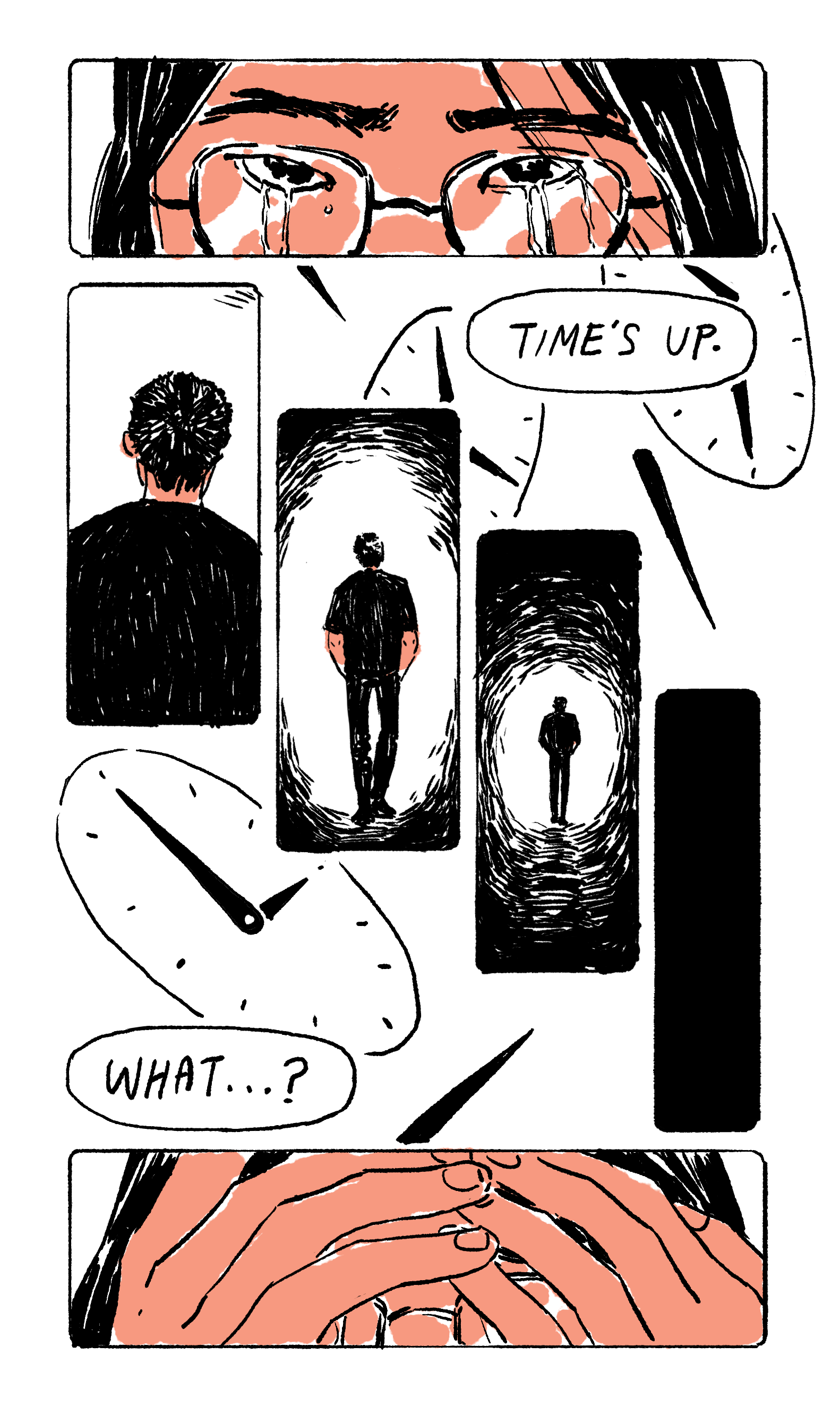
Even the best-laid plans can go awry, and I now find myself navigating an unexpected season of loss and heartbreak at 30.
There was no room for explanation, for conversation, for questions. The man had left the chat.
Starting over, now even further from the altar
A breakup in your thirties is definitely way harder. Because at this age, you know more clearly what you want out of a relationship. The stakes are higher. Hence, any failure in this respect also means that the losses are felt more significantly.
In the coming-of-age comedy film Mistress America, 30-year-old Brooke tells her teenage friend, “You can’t really know what it is to want things until you’re at least 30. And then with each passing year, it gets bigger… because the want is more, and the possibility is less.”
We were misaligned on too many levels and we were becoming unequally yoked. Whatever I felt was necessary in a life partner seemed like shackles to him…
I wasn’t 20 anymore. I wasn’t just grieving the change of a relationship status or the loss of a companion. I was also grieving the loss of the dreams, plans and hopes we had shared together.
I was so embarrassed of myself. This wasn’t my first rodeo. I thought I’d seen it all after that one other destructive relationship a decade ago. I should’ve known better.
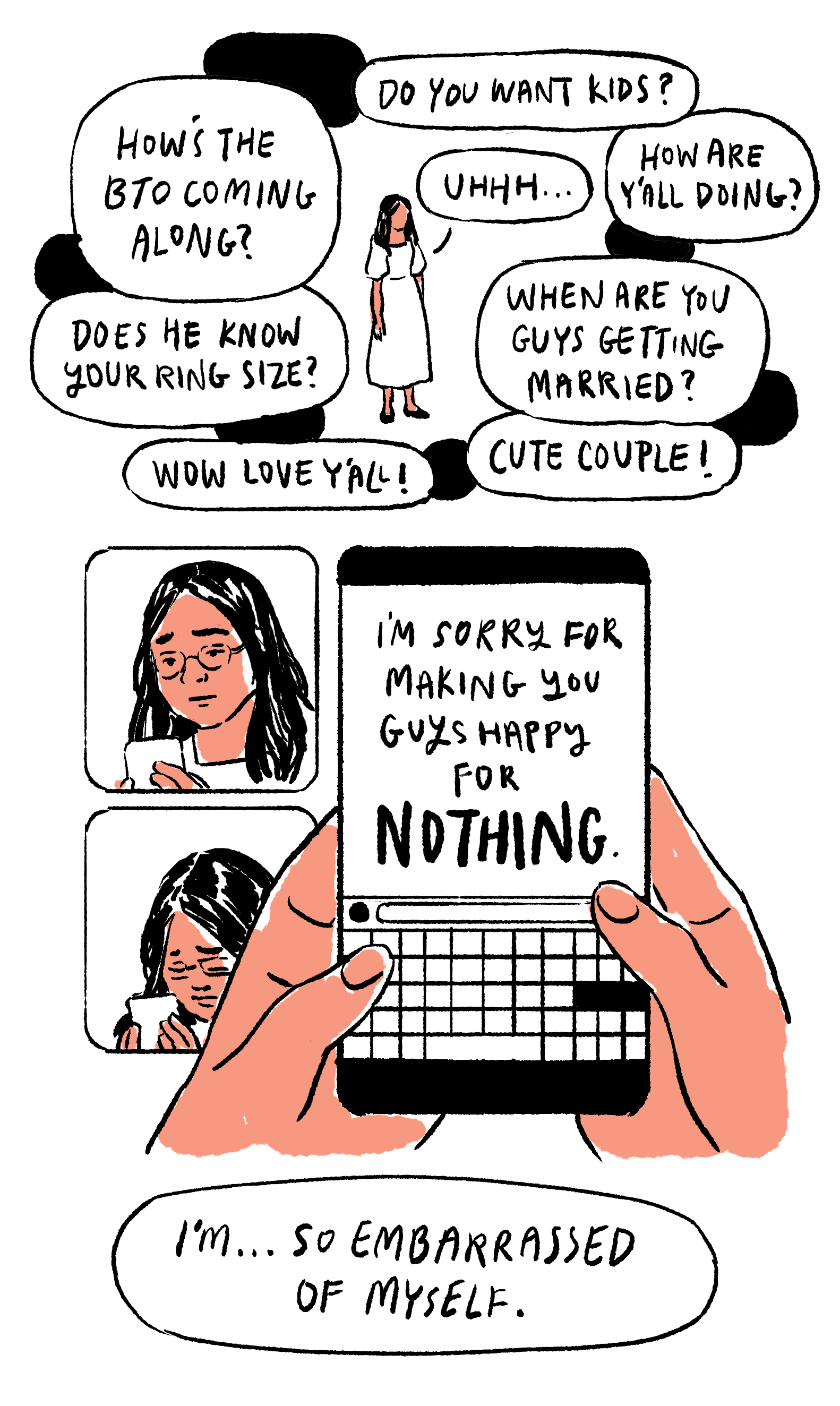
Surrounded by peers who are busy sending out wedding invitations, planning house renovations and birthing children, the walk down the wedding aisle now seems even more unattainable for me.
I sit around awkwardly in conversations about BTOs, because I know too much about them for no reason now. Well-intentioned church friends ask about his absence and I can only smile back politely, hoping they’ll get the hint. Pinterest doesn’t know that I’m no longer getting married anytime soon, so it continues to recommend interior design and wedding ideas.
Everything reminded me of my own failings. Even the shortest relationships can wound you deeply.
Death by a thousand paper cuts
Paper cuts in a relationship are sneaky. You don’t feel it at first. It’s quietly there until you touch something like water or soap, and the pain rushes in.
It stings. It hurts. And after multiple paper cuts have been left unattended to, or if they keep appearing, it becomes a wound. It becomes more than just a cut. It leaves a mark. It becomes a permanent scar.
I had always thought that I was being the understanding and accommodating partner by planning my schedule around his (which was largely determined by his work).
The more he thanked me for it, the more I felt that it was the right thing for me to do. I saw that as what I could bring to the table.
But what I didn’t realise was that I was becoming invisible in the relationship.
I have something important to ask you. I’m too tired now.
Something happened to me today, can I tell you about it? I don’t know, I’m not fully awake.
I wrote a very personal and difficult story, do you want to be the first to read it? Nah.
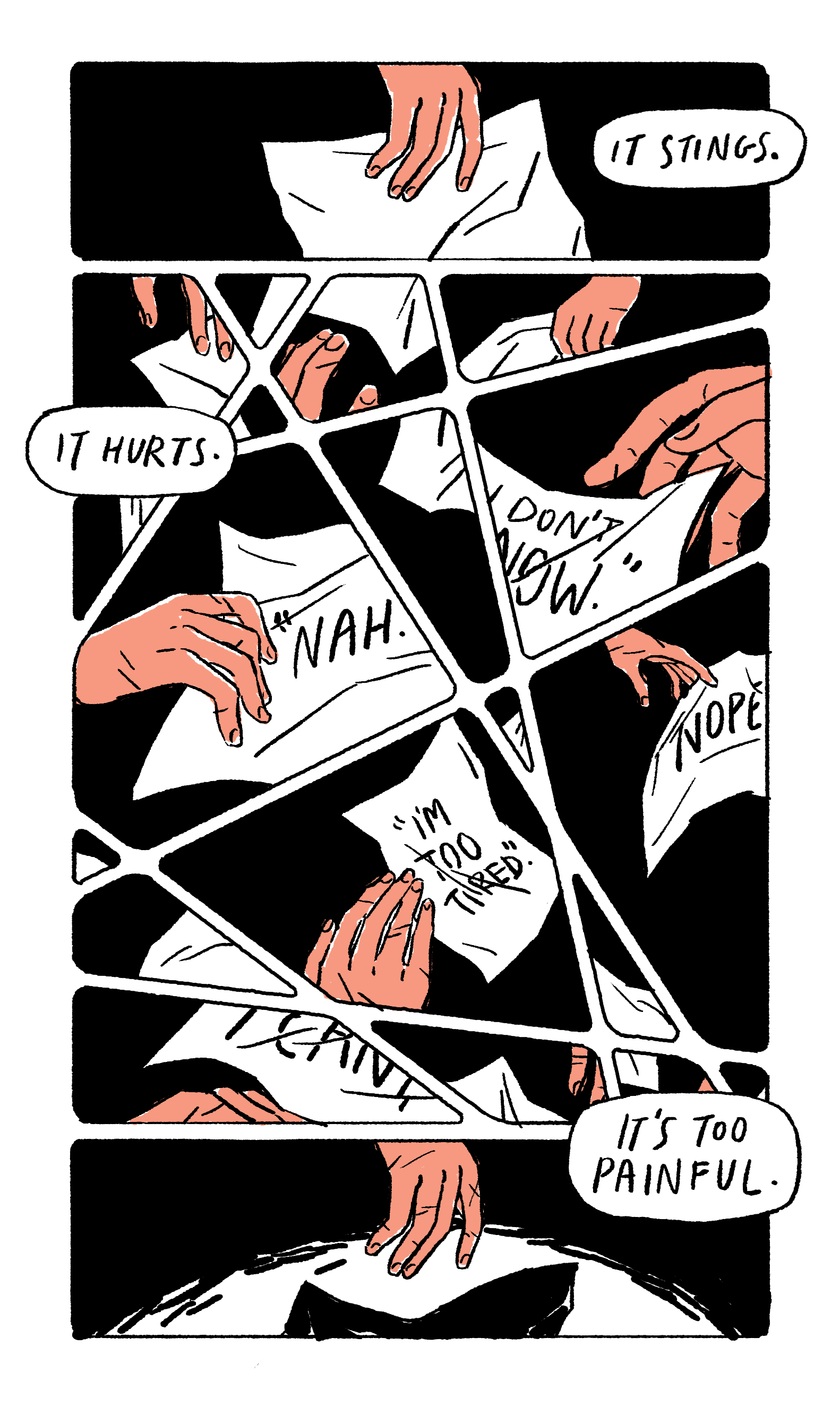
I rationalised with myself that the man is tired. Overworked. Possibly burnt out.
I should be understanding. I should not be demanding. Don’t overload him with my needs. Give him his time and space.
But even then, he never brought up what I wanted to talk to him about after he had gotten his rest and personal time sorted out.
And I never did anything about the exhaustion and disappointment that was piling up within me.
There is a point when too much rejection is simply too much, and understanding turns into tolerating.
My tank was drying out while I was busy trying to fill up his. I was giving my all, but I was getting the bare minimum.
The paper cuts were carving out a slow, painful death within me.
The truth about “irreconcilable differences”
Less than three weeks after the breakup, a close friend of mine who I’d previously introduced to my ex saw his new dating profile on an app. He had liked hers.
I didn’t know which to feel more dismayed by – the fact that he’d been able to bounce out of our relationship that quickly, or the fact that he knew that it was my friend’s profile and chose to like it.
Both were equally bitter pills to swallow.
I was humiliated, but at the same time my eyes became fully opened. It was a sobering lesson on compatibility and alignment.
While we both shared the same faith, it slowly emerged that we held very different views about the faith that we could not reconcile. There was no middle ground.
He was becoming increasingly languid and angry in general, while I was still trying to understand how we had even gotten there in the first place.
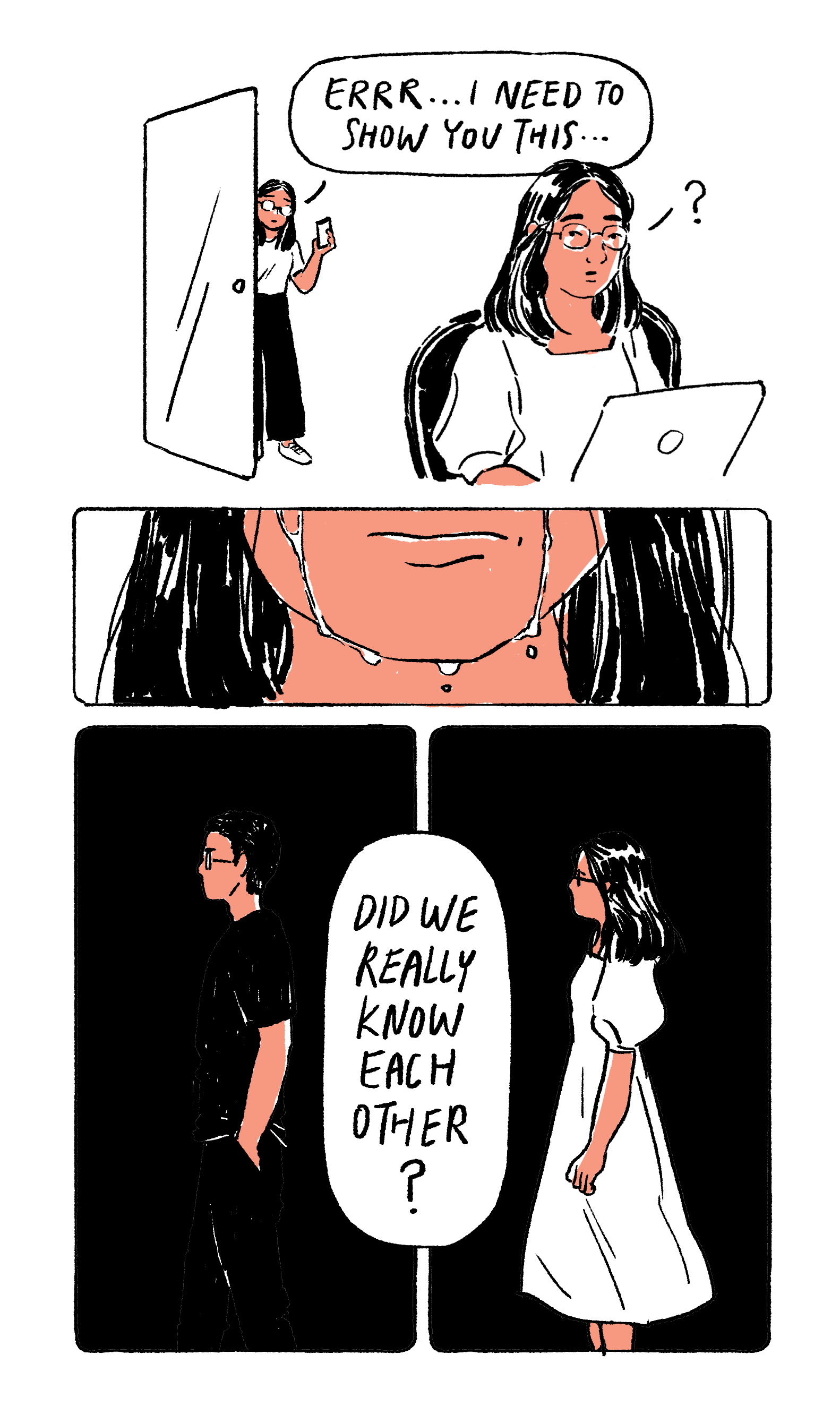
He became a man I was mentoring, instead of the man I was marrying.
As the relationship progressed, he turned into a different person. Perhaps this was the real him. He had overpromised and overcommitted with no intention of honouring his own words.
Or perhaps he realised he wasn’t able to.
The chasm between us became too wide to be bridged. We were misaligned on too many levels and we were becoming unequally yoked.
Whatever I felt was necessary in a life partner seemed like shackles to him, while whatever he thought would make for a happy life seemed to me like a completely unrestrained way of godless living.
Our differences were tearing us apart. We wanted and needed different things that we both couldn’t budge on, and we would’ve made ourselves more miserable holding each other hostage.
The best kind of love
Pining after an incompatible partner for the sake of “saving face”, a BTO timeline or to just not be single is, at best, a disservice to yourself.
No one deserves bad love. Sincere devotion must be reciprocated and met with honesty at the very least. Even then, the bare minimum is a pretty low bar.
Good love does not resemble anything like that. There is no performance. It is not a test that you would be anxious about failing.
There is no fear that the one you love will recoil and retract his love, once he sees and hears you as you fully are.
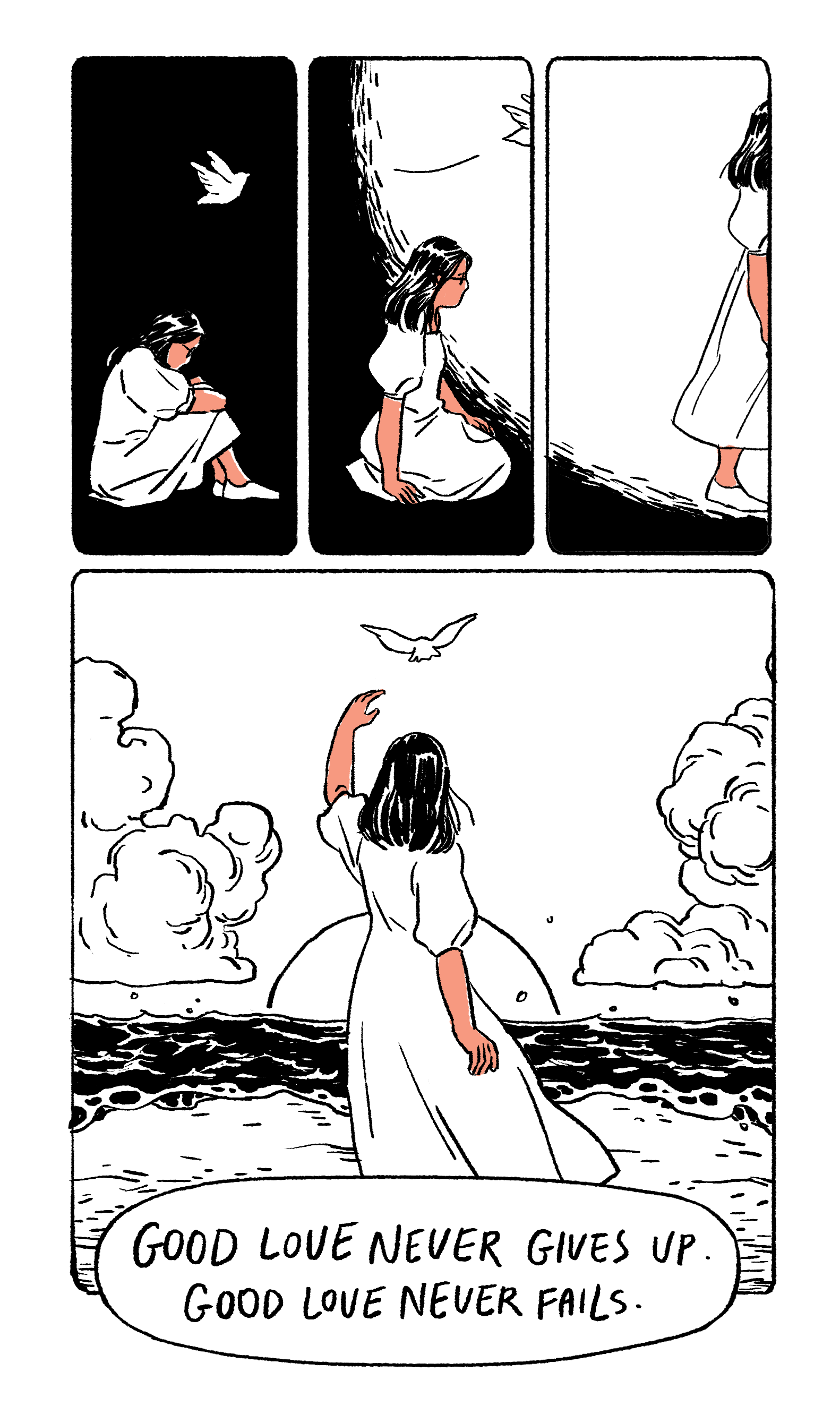
There is no troubled heart, no sorrowful crying into the late nights because he has let you down once again.
There is no question about whether he’s hiding something from you. No doubt about his devotion towards you.
No uncertainty about your place in his life, even when he chooses to spend extended time away from you.
Good love takes courage.
The courage to speak your mind, because there is assurance of a safe space for frank and open conversation without repercussion. The courage to still choose this person, no matter what. The courage to fight for one another, instead of against each other.
You don’t have to restrain your honesty. You don’t have to be paranoid about stirring up his anger.
Good love does not punish. It keeps no record of your wrongs and it does not condemn. There is no revenge in the form of silent treatment, no forcing you into a corner so that you will beg and grovel for renewed affection.
Even when Man fall short, God doesn’t.
He is consistent. He is not just here for the thrill of the chase. He will not be temperamental like the weather, happy in this moment and angry the next – just because you didn’t do things his way.
Good love is never apathetic. It never leaves you in the lurch, or tells you to take it or leave it. It is never out of reach.
Good love never gives up. Good love never fails.
The author’s name has been changed to protect identities.


